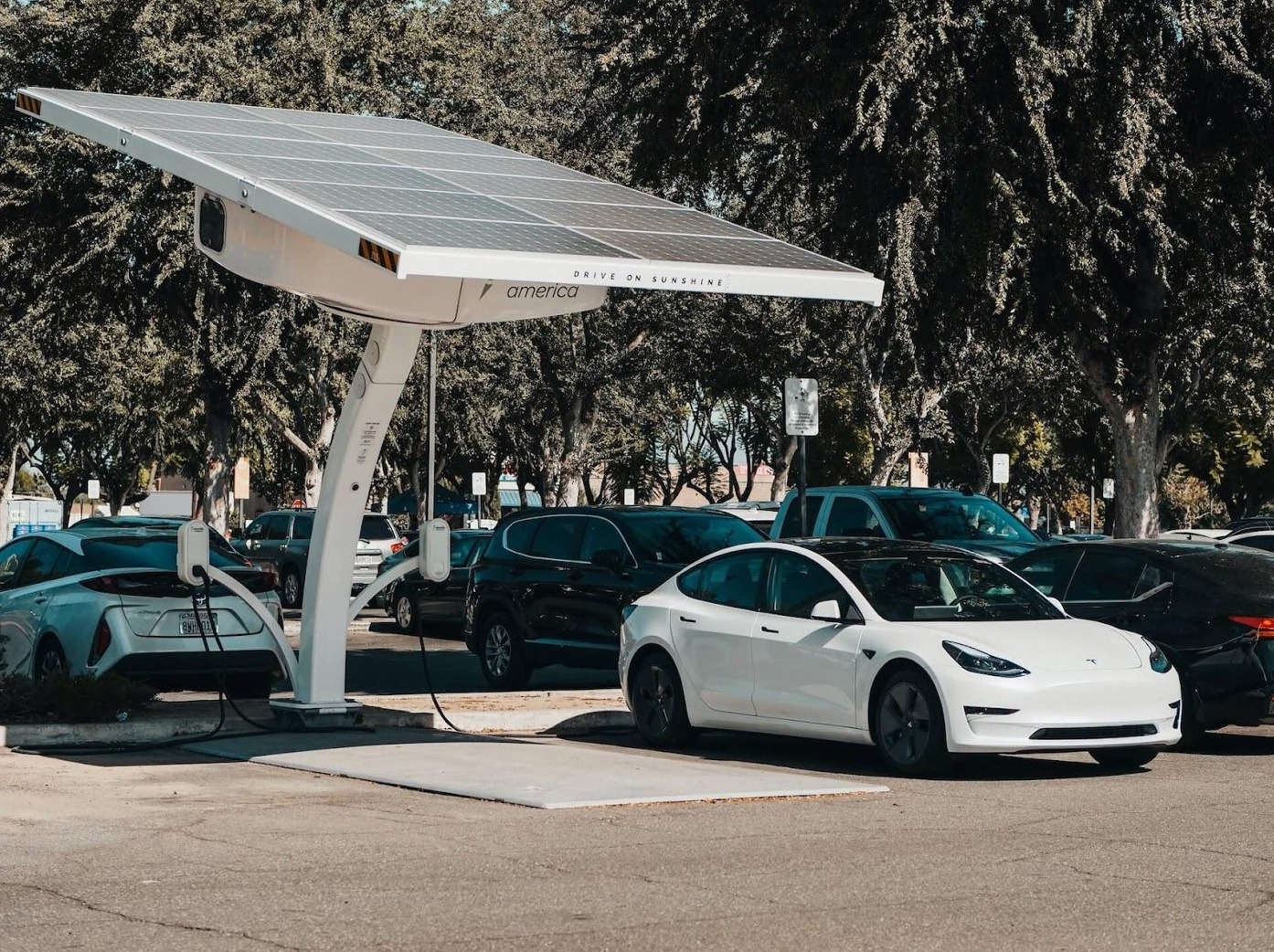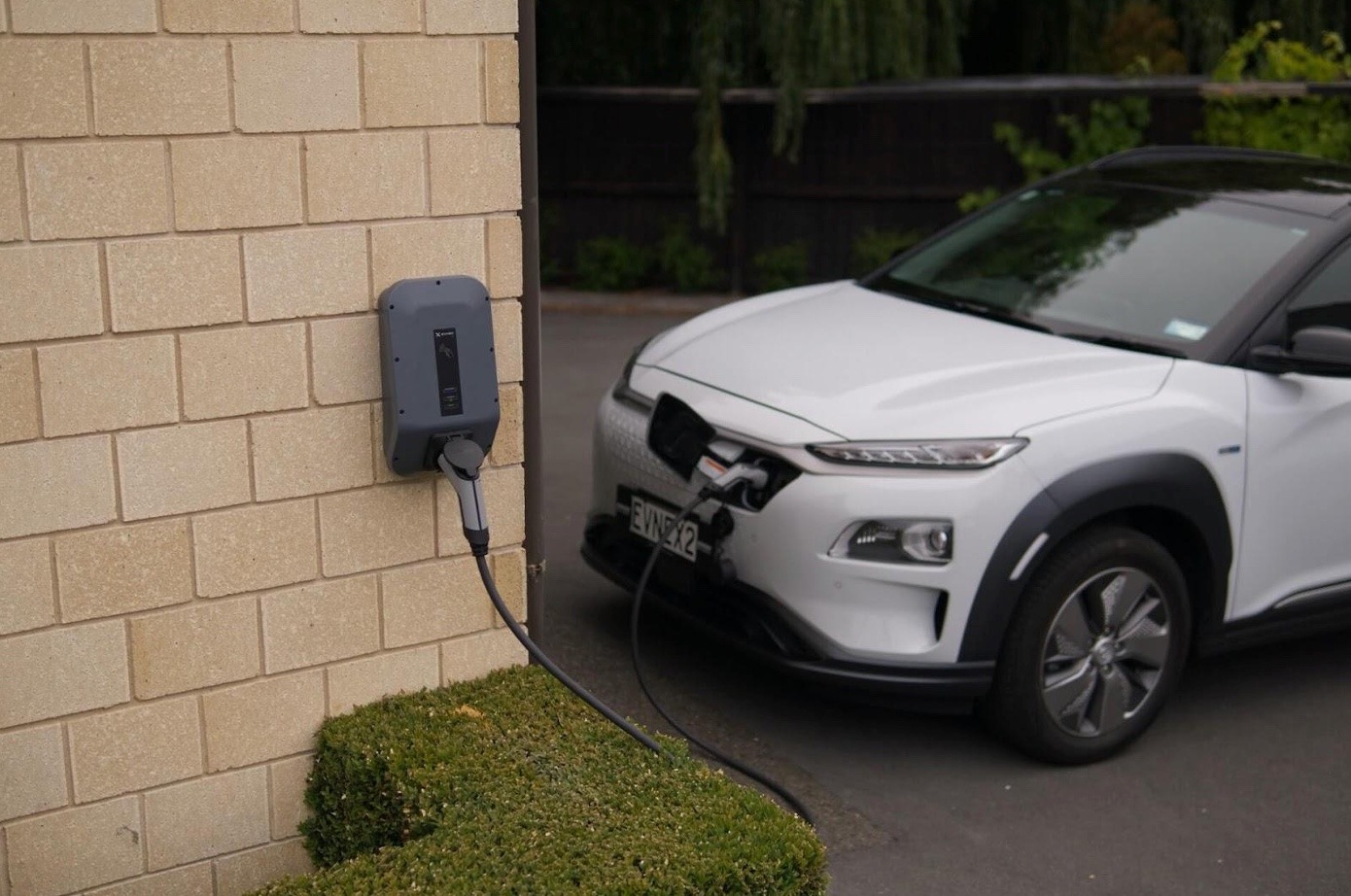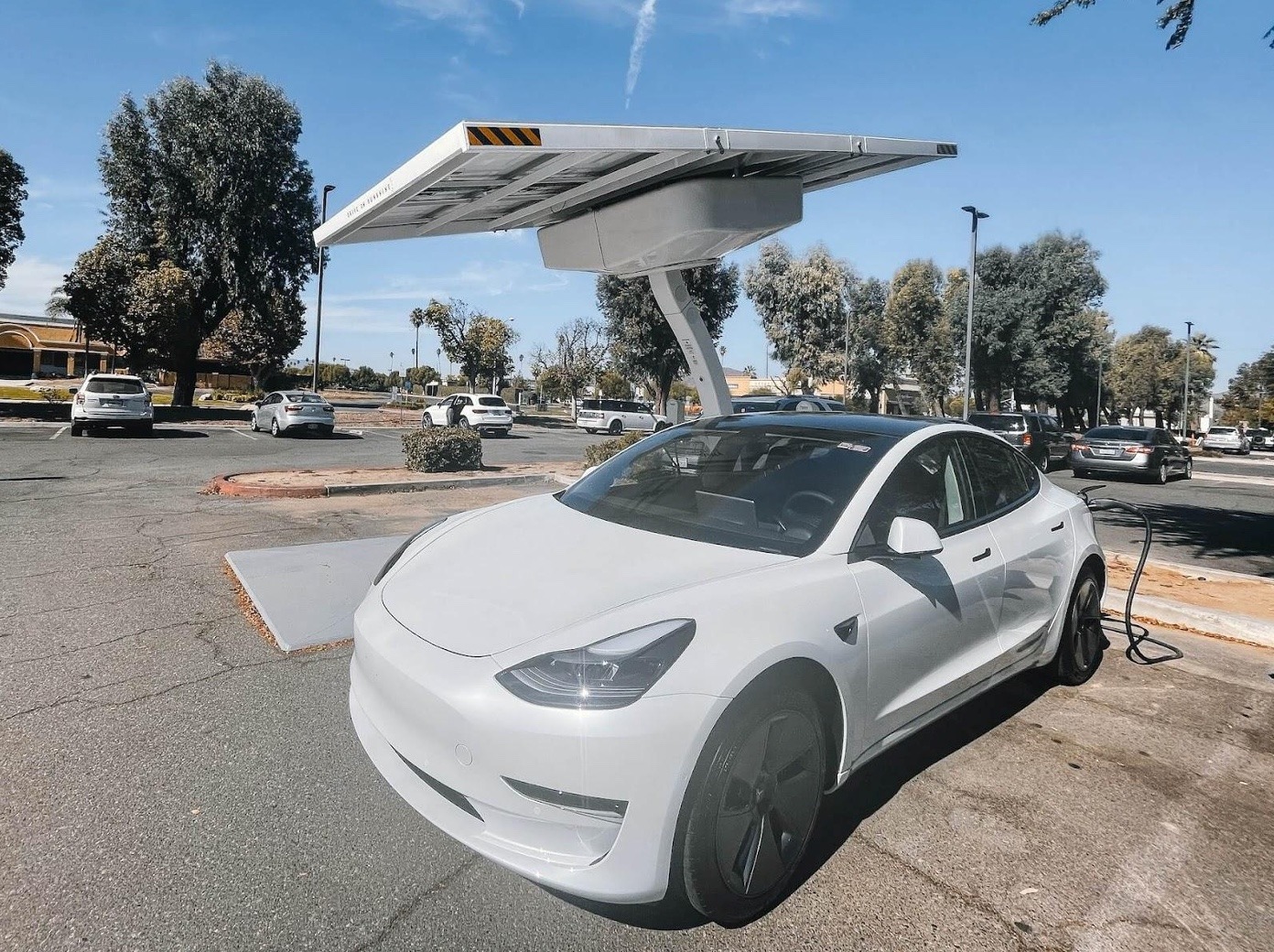Are you eyeing the new Tesla Model S as a potential replacement for your trusty old compact?
One of the questions people ask when looking to buy an EV, especially a Tesla, is whether or not charging electric cars with solar panels is possible. The answer is yes. The key, however, is to work with reliable Tesla car charger installation services to ensure that your equipment is set up properly.
In this article, we’ll look at the feasibility of using solar panels for car charging, especially as it is now easier than ever before to install home solar panels in Florida and other parts of the United States.
We will also talk about the equipment you need to fully charge your vehicle including Tesla battery installations that store your energy for when there is not enough sun.
Can You Use Solar Panels to Charge Electric Cars?
Solar panels provide clean energy and can help reduce climate change. But is charging an electric car with solar feasible? The simple answer is YES.
In fact, even with just 12 panels making up your small solar array, you can get enough power for the battery of most EV cars for a 37-mile trip within the city.
How Many Solar Panels Can I Charge with an EV?
The amount of panels you will need depends on several factors.
- The number of miles you drive. Americans drive an average of 13,476 miles per year. This converts to about 1120 miles per month or 37 miles per day in 30 days. With this number, most EVs will need about 4000kWh of energy per year.
- How much power each panel delivers. According to data from EnergySage, most panels deliver between 320 to 330 watts of energy. This means that if you are looking at charging EV with solar panels to meet your daily travel requirements of 4000kWh per year, you will need between 7 to 15 panels.
Note though that this number also depends on where you live, your type of electric vehicle, and the size of your EV battery. For example, the Tesla Model S mentioned above will need between 6 – 8 panels.
If you are driving only short distances, or perhaps don’t drive that often, then you can get away with fewer panels than the average driver.
What Equipment Do You Need To Charge An Electric Vehicle?
If you are looking to reduce your carbon footprint and save money, then opting for an electric vehicle is the ideal solution, especially when you can charge it off your home’s solar array.
Here are the pieces of equipment you will be needing to pull this off successfully.
Solar panels for EV charging
Solar panels are the most important piece of equipment required to charge an electric vehicle. Typically, you’ll need at least 10 panels to successfully convert sunlight into the amount of electricity your car needs.
Remember though, that if you intend to use your solar-powered system for residential use and EV charging, you may need to increase the size of your array to accommodate your EV needs.
Charging station
You will also need an EV charging station. A charging station is where you plug your electric car into a wall socket to charge its batteries. This is usually located in the driveway or garage.
If you are looking to invest in a charging station, consider the level 2 chargers. These ones deliver faster EV solar charging
Battery storage
Battery storage is crucial for storing excess energy produced by the sun and using it back at peak hours when there’s more demand for energy or less sunlight. For example, the Tesla Powerwall installed by PPM Solar can store as much as 13.5 kWh of electricity, enough to charge your EV when there is less sun.
Is It Really Efficient and Fast?
Finally, the most important question. Is using solar power for an electric car fast and efficient?
Again, the simple answer is yes.
Not only is it fast and efficient to use your EV with your home solar panels, but it is also cost-effective. Let’s do the math. If you drive a gasoline-powered vehicle 30 miles every day at 30 miles per gallon, and a gallon of gasoline sells for $3.9, you are looking at $1423.5 in gas expenses every year.
On the other hand, if you have an EV that delivers 3 miles on every 1 kWh, at $0.15 per kWh, then you are looking at $547.50 in electricity costs per year. Using your home’s solar power, you will be saving more than $850 every year in fuel costs. This is enough reason to invest in a fully electric or hybrid car with solar panels.
Summing Up
It is safe to say that electric vehicles and energy from the sun are a match made in heaven. EVs are here to stay (and getting more efficient every year), and solar power is finally becoming affordable for more than just the uber-wealthy. Both of those facts play well into each other’s hands.



